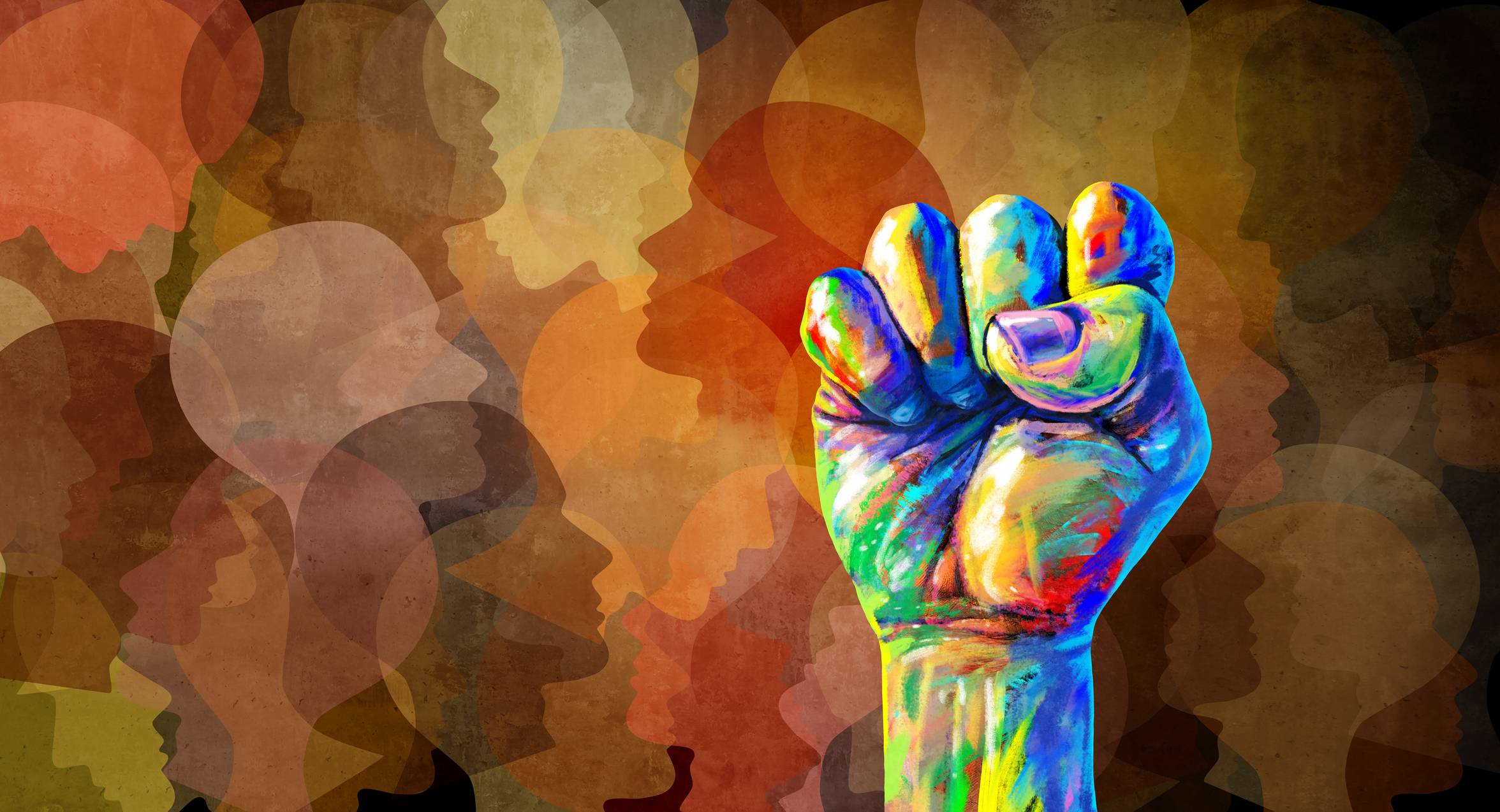It’s February — happy Black History Month. Unfortunately, this year’s celebration of Black achievement didn’t get off to a good start.
I began to see the name Tyre Nichols in the news at the end of January. The coverage was like a steady drumbeat getting louder (or a heartbeat getting faster?), with the headlines, multiplying. Finally, authorities announced they were going to release a video of Nichols being beaten by cops in Memphis, Tennessee — the city where a Queen was born and a King was slain. The assault left Nichols dead three days later.
I didn’t want to click on the video. I’ve seen enough of these “breathing-while-Black” snuff films to last me a lifetime: Eric Garner, Philando Castile, George Floyd. Ever since Floyd, I can’t watch anything of that nature without being triggered something terrible.



















With your current subscription plan you can comment on stories. However, before writing your first comment, please create a display name in the Profile section of your subscriber account page.